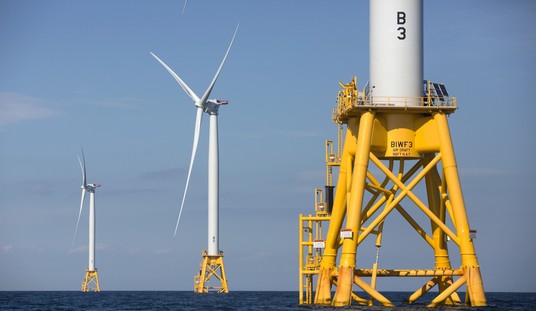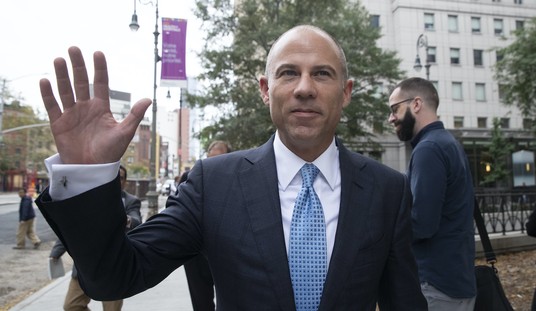
And Putin’s Obama problem, described for The National Interest by Nikolas K. Gvosdev:
It is an unfortunate pattern for this president that his statements and comments on Russian president Vladimir Putin always seem to generate a visceral negative reaction from the Kremlin, particularly when Obama suggests that Putin is weak, isolated or facing defeat. Without fail, Putin tends to initiate a response—whether signing major new trade deals with the Chinese after his isolation has been proclaimed or seizing an Estonian officer on the border in the immediate aftermath of a presidential visit that was meant to demonstrate confidence in Western security guarantees. Given what Obama said about Putin before both houses of Congress—and given that the president, who viewed the address primarily as a domestic political event, wanted to take a shot at his political opposition who in the past year unfavorably compared Obama’s decision-making style with Putin’s—the national-security establishment should have been prepared for an intensification of the Ukraine crisis. One can only imagine Putin watching the speech or reading a transcript, then bellowing to his aides, “I have not been defeated!”
Obama turns up the heat with words (meant for domestic consumption) and sanctions (which Kremlin elites don’t seem to much care about). The Kremlin even seems convinced that the typical Russian will endure whatever is necessary to prevail against the West. Here’s Russia deputy prime minister Igor Shuvalov:
“Read our history: the Russians will never give up their leader. We will tighten our belt, eat less food, suffer any privations, but if outsiders want to force changes on us, we will be united as never before. It erupted there (Ukraine) but it could have been anywhere. This is about the West trying to show us our place and refusing to treat us an equal. They are telling us to sit in a corner quietly. If this doesn’t change, it will be a bleeding wound for decades. People don’t blame Putin because they know this is an attack against Russia.”
Is it true? It doesn’t really matter, so long as Putin believes that it’s true, which certainly seems to be the case. Back now to Gvosdev:
The struggle for control of the strategic port of Mariupol will be critical. This is the last major city of the Donetsk Oblast’ which remains outside the control of the separatists—and as such has been designated by the Ukrainian government as the temporary administrative center for the province. Moreover, it is part of the “missing link” that would connect Russia proper, the separatist-controlled territory in southeastern Ukraine, and Russia-annexed Crimea. Should the Ukrainian government lose control of Mariupol, it becomes much harder to ignore the “facts on the ground” that is the Donetsk People’s Republic and momentum towards a de facto “Novorossiya” as a distinct political entity in Ukraine would gather strength.
As discussed here last week, Putin’s next move might be something bigger and crazier, designed to heat up tensions in the Middle East — and cause a spike in oil prices. The risks would be high, but so would the payoff. And if there’s one thing we’ve learned about Putin, he isn’t afraid to bet big on a weak hand, counting on Obama’s ineffectual “Don’t call my bluff” stratagem to let him take what he wants.
This spring promises to be an exciting time. Again.









Join the conversation as a VIP Member